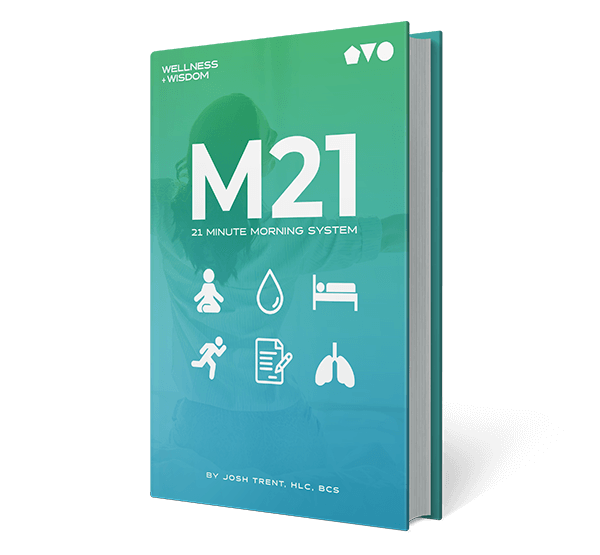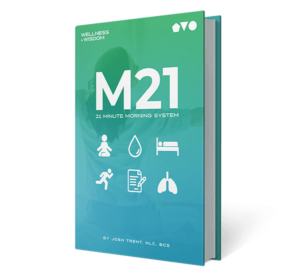 In the realm of health and wellness, stress is often discussed in relation to mental health and emotional wellbeing. However, its effects extend far beyond, deeply influencing physical health, particularly the circulatory system.
In the realm of health and wellness, stress is often discussed in relation to mental health and emotional wellbeing. However, its effects extend far beyond, deeply influencing physical health, particularly the circulatory system.
This intricate network, responsible for transporting blood, nutrients, and oxygen throughout the body, can be significantly impacted by stress, often in ways we might not immediately recognize. This article delves into the complex relationship between stress and the circulatory system, uncovering the hidden impacts and offering insight into managing these effects.
Table of Contents
Understanding the Circulatory System
Before we explore the connection with stress, it's crucial to grasp the role of the circulatory system. Comprising the heart, blood vessels, and blood, this system is the lifeline of your body, ensuring every cell receives the oxygen and nutrients it needs while removing waste products. Any disruption in this system can lead to a cascade of health issues, from hypertension to heart disease.
The Impact of Stress on the Circulatory System
Acute Stress Response: When faced with immediate stressors, the body reacts with a ‘fight or flight‘ response, temporarily elevating heart rate and blood pressure to prepare the body to face or flee the threat. While beneficial in short bursts, frequent activation of this response can lead to wear and tear on the circulatory system.
Chronic Stress and Hypertension: Long-term stress can contribute to persistent hypertension (high blood pressure), a significant risk factor for cardiovascular diseases. Chronic stress prompts the body to produce stress hormones like cortisol, which, in excess, can narrow blood vessels and elevate blood pressure over time.
Inflammation and Atherosclerosis: Stress also triggers inflammatory responses in the body. Chronic inflammation can lead to the development of atherosclerosis, where plaque builds up in the arteries, restricting blood flow and increasing the risk of heart attacks and strokes.
Behavioral Impacts of Stress on Circulatory Health
Stress doesn't just affect the circulatory system directly; it also influences behaviors that can further impact heart health. For instance, people under stress may adopt unhealthy habits such as smoking, overeating, or leading a sedentary lifestyle, all of which can detrimentally affect the circulatory system.
Managing Stress for Circulatory Health
Recognizing the link between stress and circulatory health is the first step toward mitigation. Here are several strategies to manage stress and support the circulatory system:
- Regular Exercise: Physical activity is a potent stress reliever that can also strengthen the heart and improve blood circulation.
- Healthy Diet: Consuming a diet rich in fruits, vegetables, lean proteins, and whole grains can help reduce inflammation and support overall circulatory health.
- Adequate Sleep: Ensuring sufficient sleep helps regulate stress hormones and supports the body’s healing processes.
Mindfulness and Relaxation Techniques: Practices such as meditation, yoga, and deep-breathing exercises can effectively reduce stress and its effects on the body. - Social Support: Connecting with friends and family can provide emotional support and reduce stress levels.
The Role of Supplements in Supporting the Circulatory System
In addition to lifestyle changes, certain supplements can support circulatory health by addressing nutritional gaps and providing targeted support for heart and vessel health. Ingredients like omega-3 fatty acids, magnesium, CoQ10, and certain antioxidants can help maintain healthy blood pressure, reduce inflammation, and support overall heart health.
As we navigate the complexities of stress and its impact on the circulatory system, it's comforting to know that resources are available to support heart health. For those seeking to enhance their circulatory health through supplements, PureHealth Research offers a range of products designed with heart health in mind. Each supplement is crafted to provide the nutrients needed to support the circulatory system, offering an additional layer of support in managing the physical effects of stress.
Conclusion
The link between stress and the circulatory system underscores the profound interconnectedness of mental and physical health. Stress, whether acute or chronic, can significantly impact heart health, leading to long-term consequences if not addressed. By adopting stress management techniques, leading a healthy lifestyle, and considering the supportive role of supplements, individuals can protect their circulatory health and, by extension, their overall wellbeing.
In a world where stress is an inevitable part of life, taking proactive steps to mitigate its impact is crucial for maintaining health and wellness. As we continue to explore and understand the nuances of how emotional wellbeing affects physical health, the importance of holistic health practices becomes ever more apparent. By caring for the mind, we are, in turn, caring for the body, ensuring that both are functioning at their best in a balanced and healthy state.









